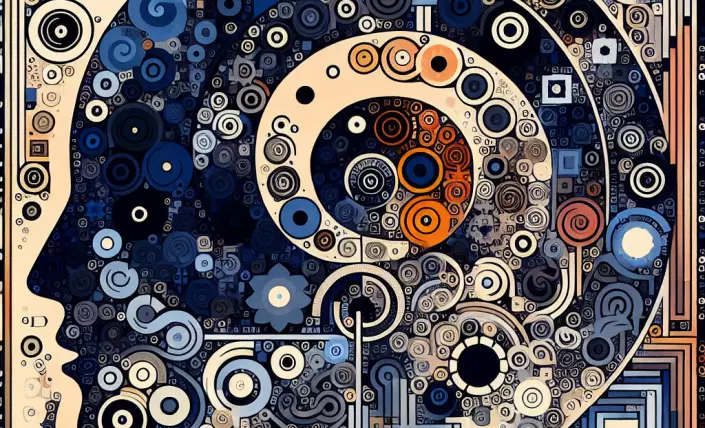The notion of free will is a cornerstone of Western philosophy, often lauded as a definitive marker of human autonomy and agency. Yet, in the shadowy corridors of Arthur Schopenhauer's philosophy, this celebrated concept is dismantled, revealing the machinations of a far more formidable force: the 'will to live.' Schopenhauer, a pivotal figure of the 19th century, challenges the conventional understanding of freedom, positing instead that human actions are driven by an irrational, insatiable will beyond the reach of conscious control. This perspective invites a profound reevaluation of our lives, urging us to confront the uncomfortable possibility that our cherished autonomy may be nothing more than an elaborate illusion.
Schopenhauer's philosophy pivots on the idea that the will is the primary reality, an irrational force that propels all life forms, including humans, in a ceaseless cycle of desire and suffering. For Schopenhauer, the will is akin to a primal energy, blind to individual aspirations and indifferent to human suffering. This presents a stark contrast to the Enlightenment ideal of a rational, self-determined individual. In this light, our perceived choices and actions are not manifestations of free will but rather expressions of this underlying, often unconscious, drive. The implications of such a view are profound: if our actions are ultimately determined by an irrational will, then the freedom we cherish is fundamentally compromised.
However, the existential implications of Schopenhauer's philosophy do not end with the negation of free will. Instead, his ideas provoke a deeper reflection on the nature of human existence and the paths to transcendence. Schopenhauer suggests that while we cannot escape the pervasive influence of the will, we can achieve a degree of liberation through aesthetic experience and ascetic living. Art, music, and contemplation can momentarily lift us from the relentless pursuit of desire, offering glimpses of a world free from the tyranny of the will. Moreover, an ascetic lifestyle, characterized by self-denial and simplicity, can diminish the hold of the will, allowing for a life that, while not entirely free, is more serene and meaningful.
In essence, Schopenhauer's philosophy beckons us to reconsider the very foundations of our existence. It challenges us to acknowledge the limits of our autonomy and to seek meaning beyond the superficial gratifications of desire. This exploration reveals not only the constraints imposed by our intrinsic nature but also the possibilities for transcending them. By confronting the uncomfortable realities of our condition, we gain the opportunity to embrace a deeper, more authentic understanding of ourselves. In doing so, we might find that true freedom lies not in the assertion of will but in the acceptance of its limitations and the pursuit of a life that transcends its bounds.










